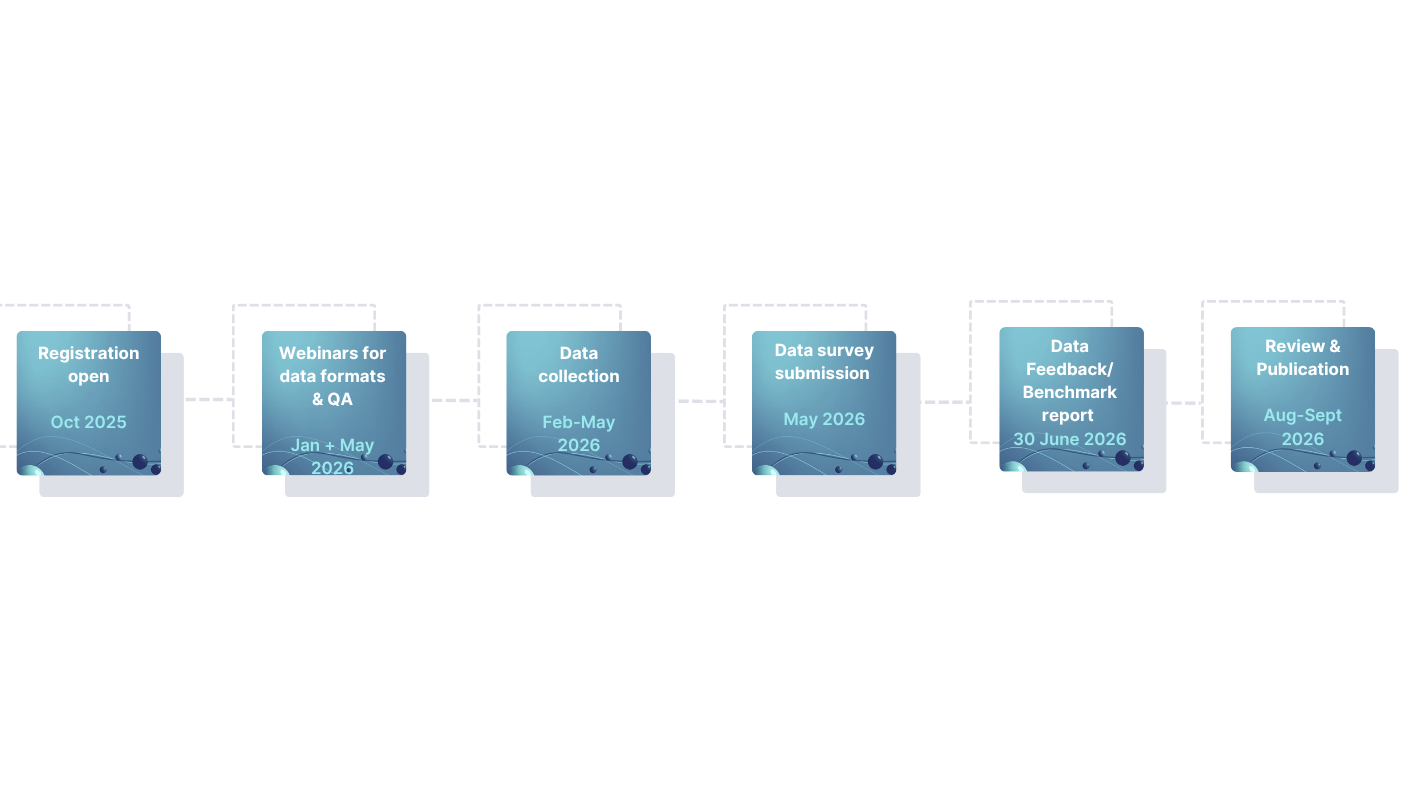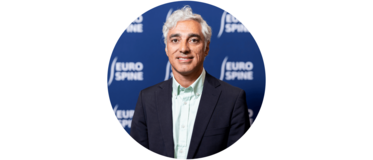The next data call (2026) will be focussing on treatment strategies and variations in Degenerative Cervical Myelopathy (DCM). Each participating unit is expected to provide 7 mandatory parameters and 7 optional parameters in a structured manner for each patient treated during a four-month period between 1 February and 31 May 2026.
The call will follow the overall SAI-protocol by Herrmann et al. published 2025 in Brain&Spine and the specifics laid out in the DCM protocol.











